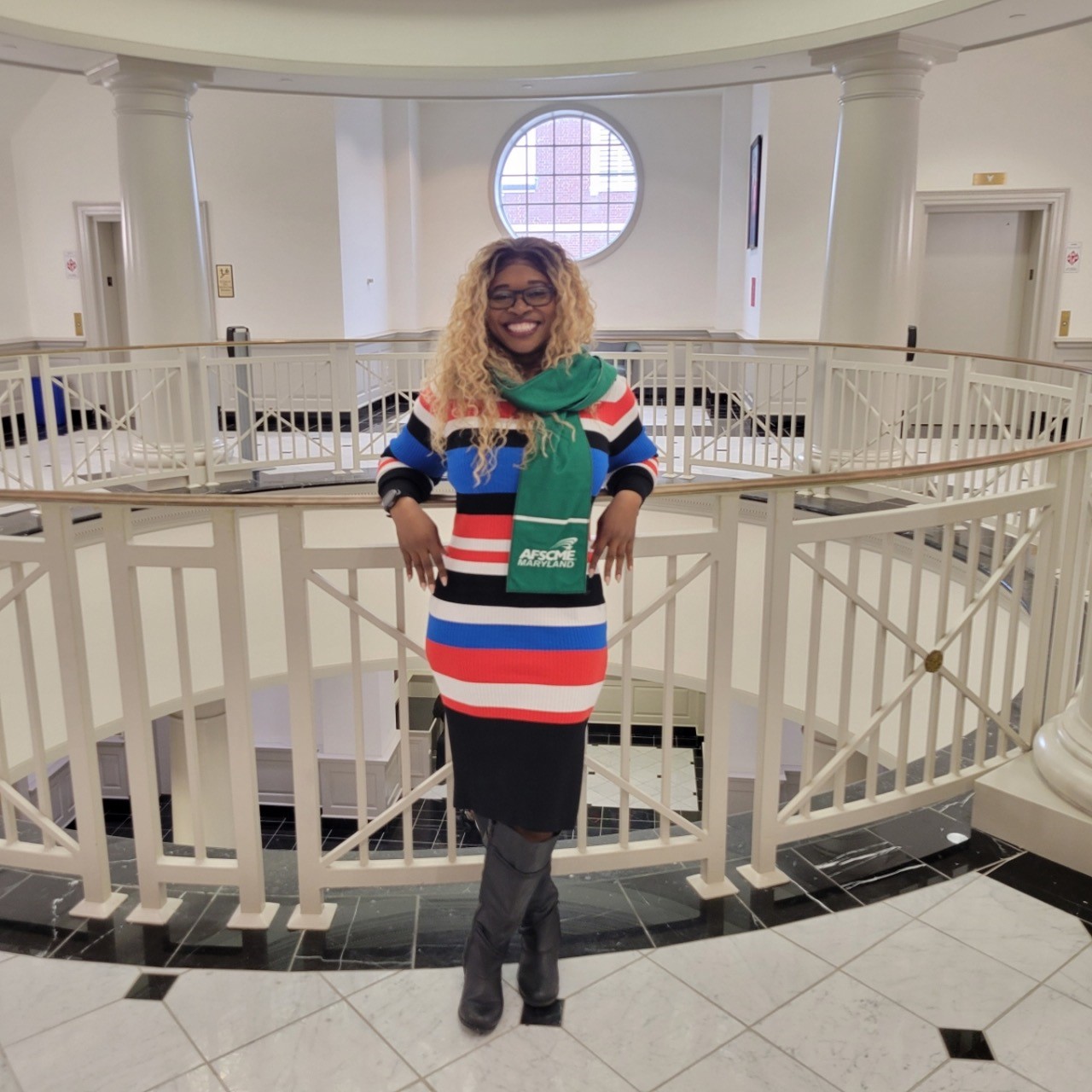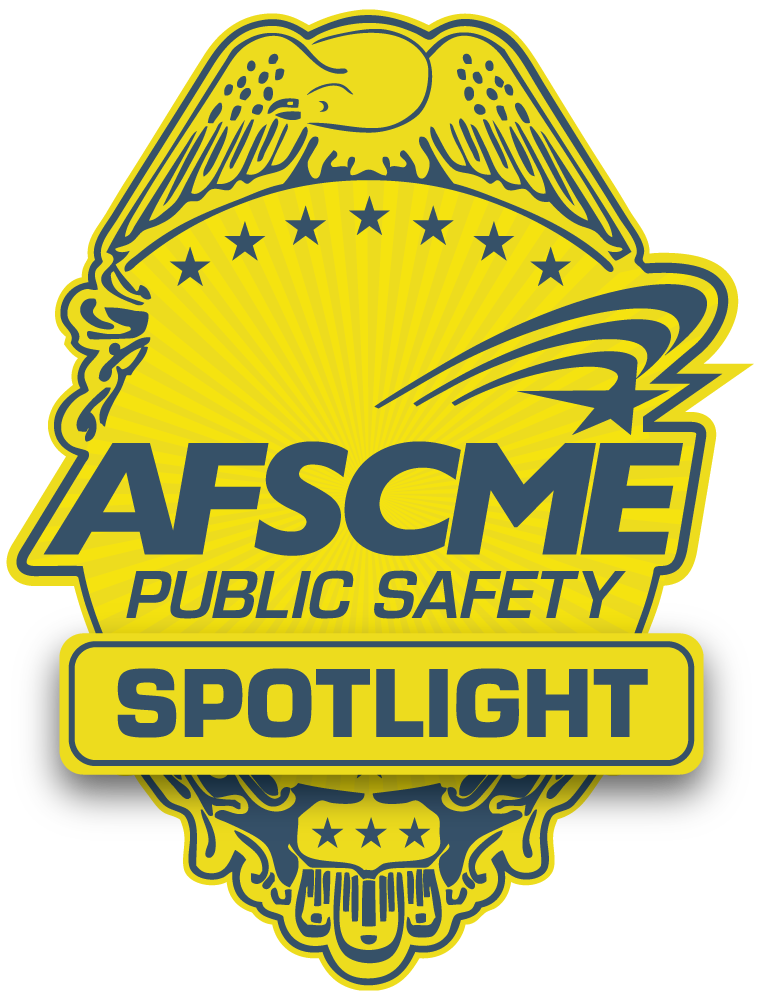Those rewards are set against a backdrop that Akpabio says can be “traumatic, mentally exhausting and physically demanding at times.”
There are nearly 700 incarcerated women at MCIW, and the possibility of danger is constant.
“No two days are exactly the same,” said Akpabio. “At any given time, you don’t know what a person’s mental status is or their emotional state. Some are triggered because of drugs, mental instability or traumatic life events. In the last 10 years, we have had people who have committed suicide, both incarcerated individuals and officers. Several died from natural causes and diseases. All those things are very traumatic and triggering for those who work there.”
Correctional officers face unique risks, and Akpabio said at times, COs themselves feel as if they’re incarcerated. They work 16-hour shifts, and because they can’t take their phones into the prison, they have no way to communicate with the outside world beyond the prison’s walls.
At Akpabio’s facility, there might be 30 or 35 officers on her shift in charge of keeping almost 700 people safe.
“I’m always on high alert.”
It’s no surprise, then, that those officers become a kind of family, where everyone must have each other’s backs.
“We see our co-workers more than our family. You need a sense of camaraderie to be able to function in a space with no access to your loved ones. For 16 hours, these are my loved ones, whether I like them or not — these are my people. We have to be our own family.”
In addition to the sense of solidarity she feels with her fellow correctional officers, officer Akpabio is grateful for her union, AFSCME Local 1678 (Council 3).
“My union gives me an opportunity to speak for myself and my co-workers. I feel empowered knowing I have our union behind me,” said Akpabio. “It makes it easier to navigate the day-to-day, to speak up when I see something is wrong and make sure our pay reflects our work.”
And Akpabio wants to speak up about more than wages, rights and procedures. She wants to speak out on behalf of her fellow correctional officers nationwide.
“We are the custodians of society’s troubled ones, so to speak. We do so many things people don’t know about because it’s all behind bars,” she said. “We’re there for people in the times that they’re so abandoned, some serving life sentences. Many are hopeless. We deserve the respect that other law enforcement agencies get.”
Public safety professionals like Ofonime Akpabio are increasingly turning to AFSCME to build power at work, and to advocate for safety on the job, better wages, good health care and a secure retirement. AFSCME members in corrections, law enforcement and emergency response defend our freedoms and those of the communities we serve.
Visit the AFSCME Public Safety website to get involved and learn more.


